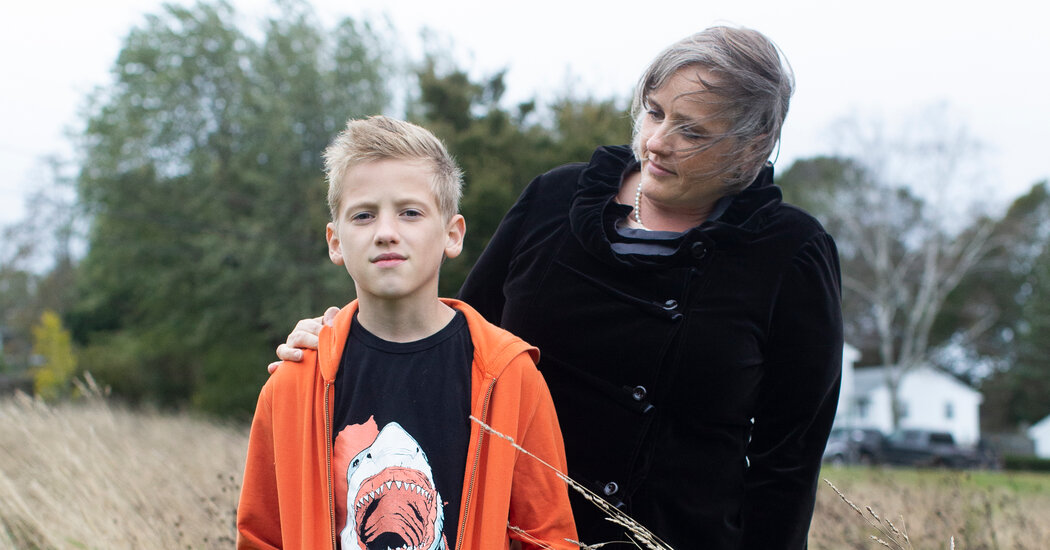
“I know parents are probably bombarded with misinformation about vaccines, even within their social circles: ‘My friend said this, my mother-in-law said that,’” said Dr. Katherine Williamson, a pediatrician in Orange County, Calif. “I’m hoping I can make a difference.”
The decision is particularly hard for parents to make on behalf of their first child, said Emily Brunson, a medical anthropologist at Texas State University who researches parent vaccination choices. Because vaccine decision-making is so personal and complicated, she said, many parents are likely to put it off.
Vic Sandrin, who works for a bicycle company in Vancouver, Wash., supports vaccines but cautiously. He, his wife and their 18-year-old got the Covid vaccine grudgingly, to travel for work and family visits.
For his 11-year-old twins, however, he is content to wait: “I’m willing to take a chance on myself, and that made sense, I’m an adult,” Mr. Sandrin said. “But for kids who already have strong immune systems, I don’t know if there’s a reason to get them vaccinated, or at least not just quite yet. ”
At heart, the decision is about which unknown—Covid or the vaccine— that parents fear more. They may stack factors such as social routines, older relatives, school protocols and the likelihood of severe illness to confirm their intuitive bias about whether to allow their child to get the shot.
Ms. Gauch, a mechanical engineer, calculated each family member’s risk individually. She has asthma, so, for her, the vaccine was a no-brainer. Her 14-year-old daughter got her first job this summer; getting vaccinated meant she wouldn’t have to wear a face mask at work. And her 12-year-old daughter saw that getting vaccinated could open up possibilities of being maskless in public. Done and done.
